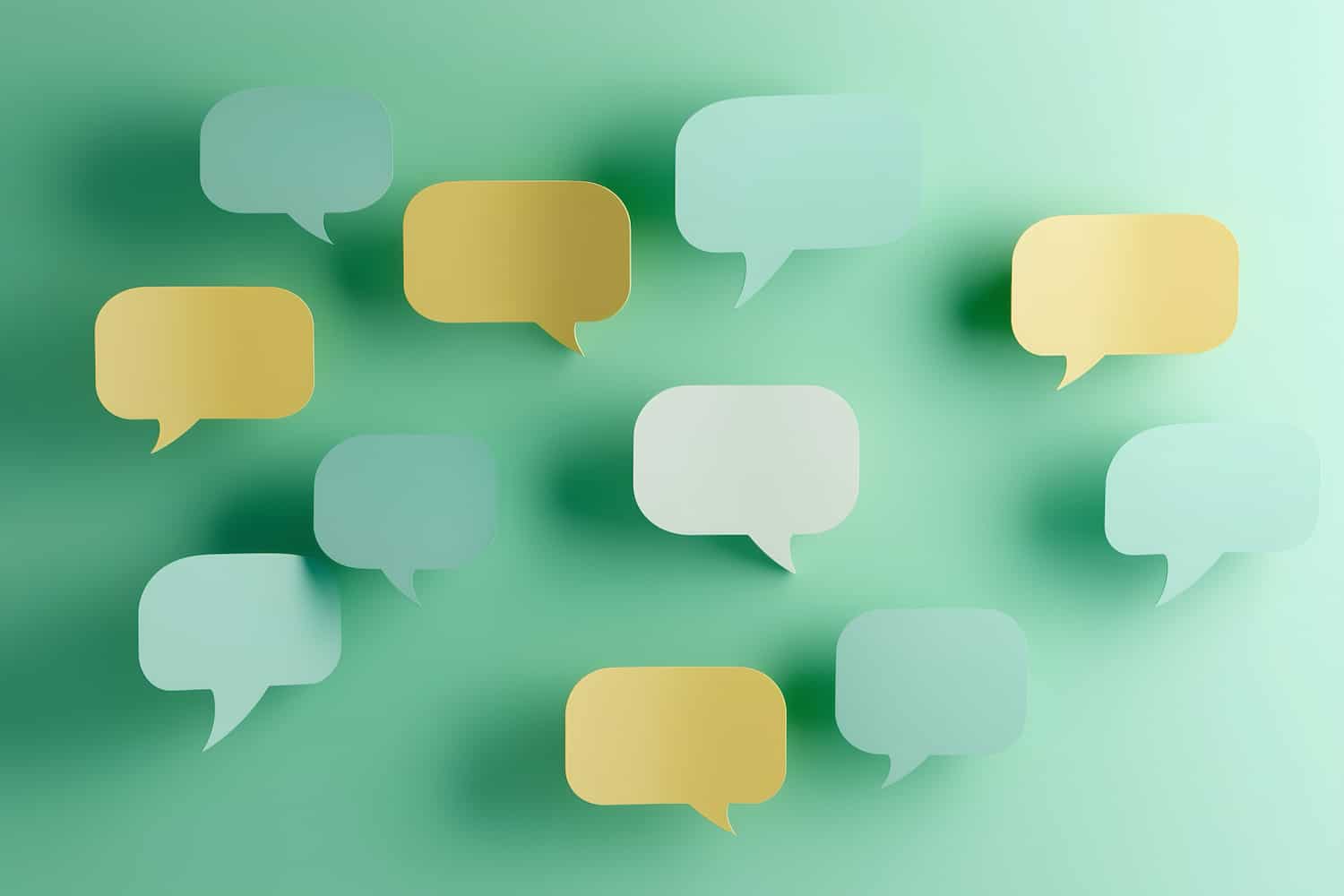 It starts out simply enough: A couple falls in love and their lives become enmeshed. But one of the pair begins abusing drugs or alcohol. The other person, so encompassed in their feelings for their partner, begins a set of behaviors they think will help the abuser. They’ll begin covering for their partner’s bad behavior in public situations, making excuses for them, help hide their addiction from others, or even enabling it.
It starts out simply enough: A couple falls in love and their lives become enmeshed. But one of the pair begins abusing drugs or alcohol. The other person, so encompassed in their feelings for their partner, begins a set of behaviors they think will help the abuser. They’ll begin covering for their partner’s bad behavior in public situations, making excuses for them, help hide their addiction from others, or even enabling it.
This is a classic case of codependency, and it can lead to tragedy not just for the abuser, but for the person who loves them as well. We’ll take a look at codependency, how it and substance abuse often go hand in hand, and what can be done about it.
What Is Codependency?
There are typically two sides to a codependent relationship — the manipulator and the enabler:
- The manipulator in this case is usually the person engaging in substance abuse. This person manipulates those around them, especially those closest to them, to get what they want, whether it’s money, alcohol, or drugs. They know they have influence over their partner (and possibly others, such as children or close friends) and use this to their advantage.
- The enabler is the passive person who, either knowingly or unknowingly, enables or encourages the manipulator’s behavior. This is usually a compliant sort of behavior in which the enabler gives up a lot of their own identity in order to satisfy the needs of the manipulator. This could be caused by low self-esteem, fear of abandonment, or many other factors.
For More Information About Our Treatment Programs for Men & Women
Call Us At: (310) 455-5258
Codependency then causes a cycle of destructive behavior that helps no one and can ultimately destroy relationships and lives.
How Do Substance Abuse and Codependency Work Together?
Substance abuse can make a codependent relationship even worse. Let’s take a couple where the wife is an alcoholic and her husband is an enabler. This couple has been together for many years, and the husband has never really tried to get his wife the help she needs for her alcohol addiction.
Rather, he buys her the alcohol she desperately craves with the justification that if he doesn’t, she will. He doesn’t realize that, whether she drunkenly drove herself to the store or he bought the alcohol himself, either path is risky and destructive. He’s so emotionally invested that he feels he’s doing the right thing for her attention, love, and presence.
As you can see in the example, while the manipulator (the wife) has become dependent on her husband in order to enable her addiction, the enabler (the husband) is dependent on his wife for attention and self-esteem.
This cycle of codependency goes on and on until something happens to stop it, usually something drastic such as a death or hospitalization. If any of this sounds familiar to you, whether it’s your relationship or that of a friend or loved one, what can be done to break the cycle?
Treating Codependency and Substance Abuse
Recovery usually starts with one person in the relationship admitting there’s a problem, whether it’s the manipulator or the enabler. This could be done of their own accord, or from the help, advice, or intervention of friends and family.
Once one of the people in the codependent relationship realizes they have a problem, they can hopefully seek help. The enabler should seek psychotherapy to work on the issues that cause them to be passive in the first place, while the manipulator should seek substance abuse treatment for recovery from her alcohol addiction. Both can also seek codependency treatment so that they can learn to have healthier relationships.
If you, or someone you care about, are in this vicious cycle of codependency with someone who is abusing drugs or alcohol, seek professional help immediately. The cycle won’t be broken until one of the people in this relationship is strong and brave enough to break it. Recovery from this kind of relationship won’t be easy, but it will ultimately be worth it.
If you or a loved one are struggling with substance abuse and mental health problems, please call us at (310) 455-5258 or submit the form below to learn more about our treatment programs in Los Angeles.



